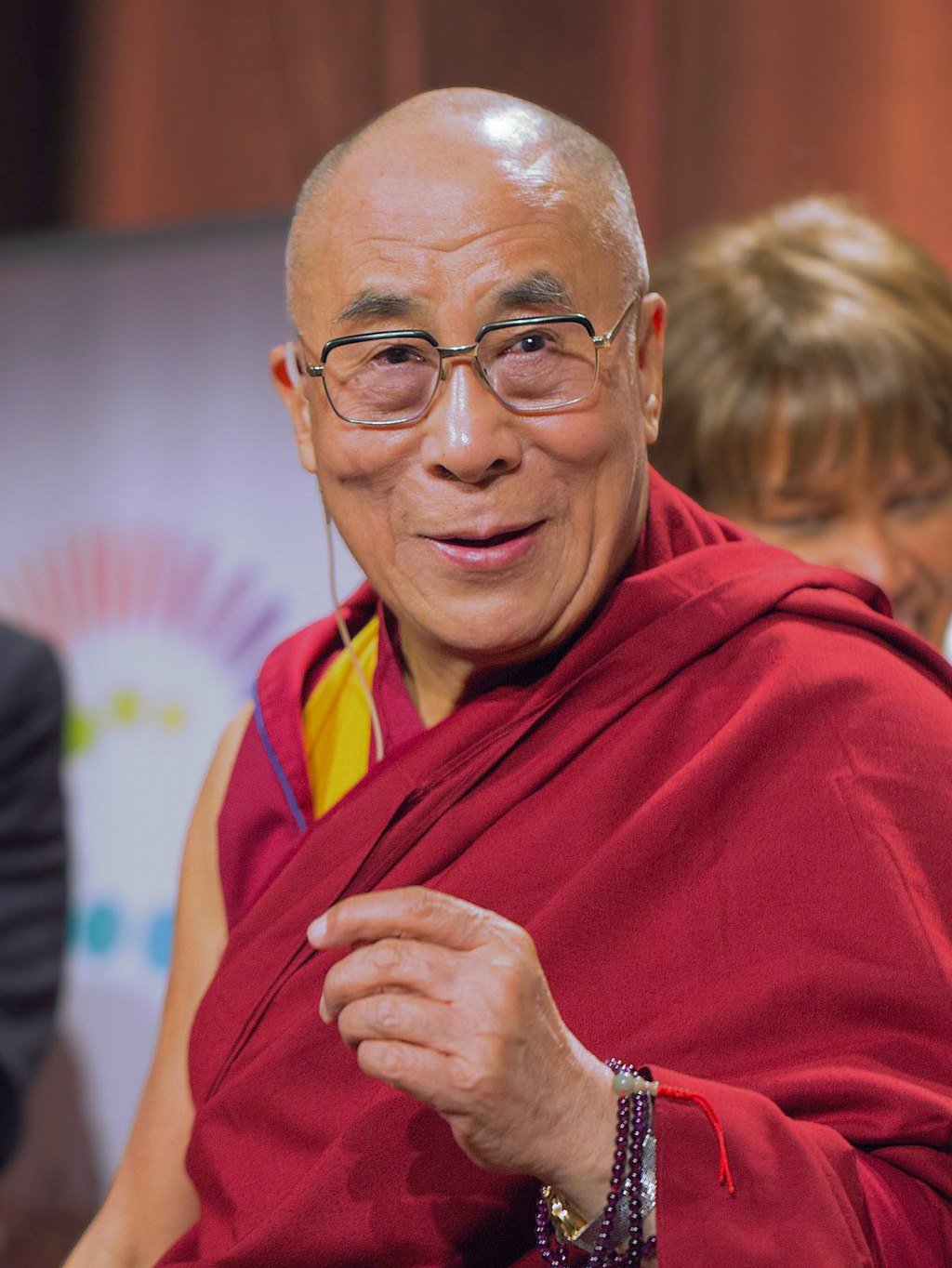Echoes of Resistance: How the Dalai Lama Fights to Save Tibet's Soul

In reflecting on Tibet's future, the Dalai Lama offers a nuanced perspective shaped by his profound understanding of political oppression. Drawing from his own experiences of external governance, he approaches the potential paths forward with remarkable humility and wisdom. Rather than prescribing a definitive solution, he emphasizes that neither the Chinese Communist Party nor he himself should unilaterally determine Tibet's destiny.
His stance reflects a deep respect for self-determination and a recognition of the complex political landscape. The Dalai Lama acknowledges the delicate balance between hope and pragmatism, suggesting that the ultimate decision about Tibet's governance should emerge from genuine dialogue and the collective will of the Tibetan people.
By refusing to claim absolute authority over Tibet's future, he demonstrates a remarkable commitment to democratic principles and a genuine desire for peaceful resolution. His approach stands in stark contrast to the authoritarian methods that have long characterized the region's political dynamics.
